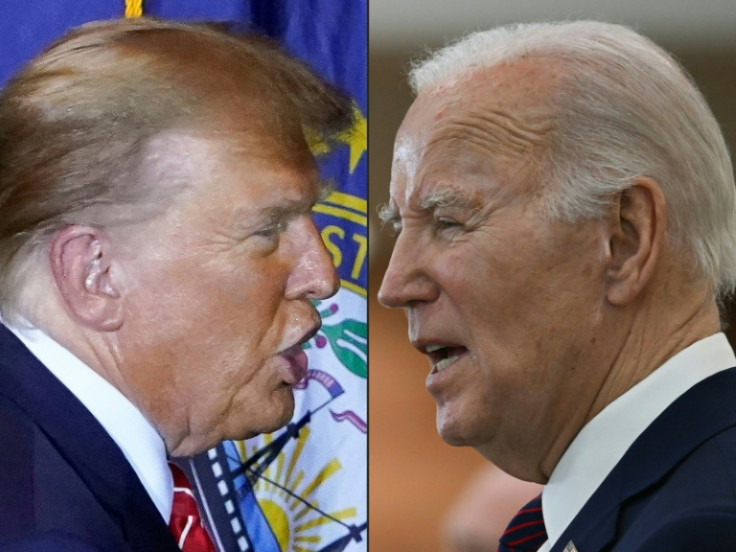In a significant move aimed at bolstering consumer protection and combating what it terms "junk insurance," the Biden administration announced measures Thursday to curtail the expansion of short-term health insurance plans implemented by his predecessor. These actions mark a departure from the previous administration's healthcare policy and are part of President Joe Biden's broader agenda to lower healthcare costs and enhance coverage for Americans.

The new rule limits the duration of new sales of short-term health insurance plans to just three months, with the option of renewal for a maximum of four months in total. This stands in sharp contrast to the policy under former President Donald Trump, which extended the duration of these plans to nearly a year, with the possibility of renewal for up to 36 months.
Neera Tanden, White House domestic policy adviser, emphasized the detrimental impact of these short-term plans on consumers, labeling them as "junk insurance" that often leaves individuals contending with substantial medical bills.
"These junk insurance plans misled consumers into thinking they are buying real health insurance," Tanden stated during a press briefing. "Then when people need medical care, they found out their plans cap their benefits, that their care is related to a preexisting condition, that their care just isn't covered at all."
Tanden further emphasized the adverse consequences of Trump's policy change, noting that it "really hurt consumers" by exposing them to significant financial risks precisely when they need insurance the most. The Biden administration's decision to restrict the duration of short-term plans reflects its commitment to reversing the former president's healthcare policies, particularly those aimed at undermining the Affordable Care Act (ACA).
Short-term health insurance plans, often touted as a cheaper alternative to ACA policies, have faced criticism for their limited coverage and lack of consumer protections. Unlike ACA-compliant plans, short-term policies are not required to provide comprehensive coverage or adhere to regulations prohibiting discrimination against individuals with preexisting conditions. Critics argue that these plans attract healthier individuals away from ACA exchanges, potentially leading to premium increases for older and sicker Americans.
Michael Cannon, director of health policy studies at the libertarian Cato Institute, raised concerns about the potential impact of Biden's policy change on consumers. He warned that limiting the duration of short-term plans could result in gaps in coverage for individuals undergoing medical treatment, potentially exacerbating financial hardships and increasing the number of uninsured Americans.
While the Biden administration's focus on curtailing short-term health insurance plans has garnered attention, it has also taken steps to strengthen consumer protections and expand access to healthcare coverage. In addition to the new rule on short-term plans, the Department of Health and Human Services recently unveiled measures to streamline the application and renewal processes for Medicaid and the Children's Health Insurance Program (CHIP), making it easier for families to access and maintain coverage.
The administration's efforts to bolster consumer protections and lower healthcare costs come amidst a broader push to expand coverage and reduce prescription drug prices. President Biden has emphasized his commitment to building on the achievements of the ACA and addressing longstanding challenges in the healthcare system.
"The president really believes the American people do not want to be taken for suckers and junk insurance takes them for suckers," Tanden asserted during a White House briefing, underscoring the administration's determination to prioritize the interests of consumers over the profits of insurance companies.
As the Biden administration continues to implement its healthcare agenda, the debate over the future of the American healthcare system is likely to intensify. With healthcare emerging as a key issue in the upcoming presidential election, the contrasting approaches of the Biden and Trump administrations are poised to shape the healthcare landscape for years to come.







